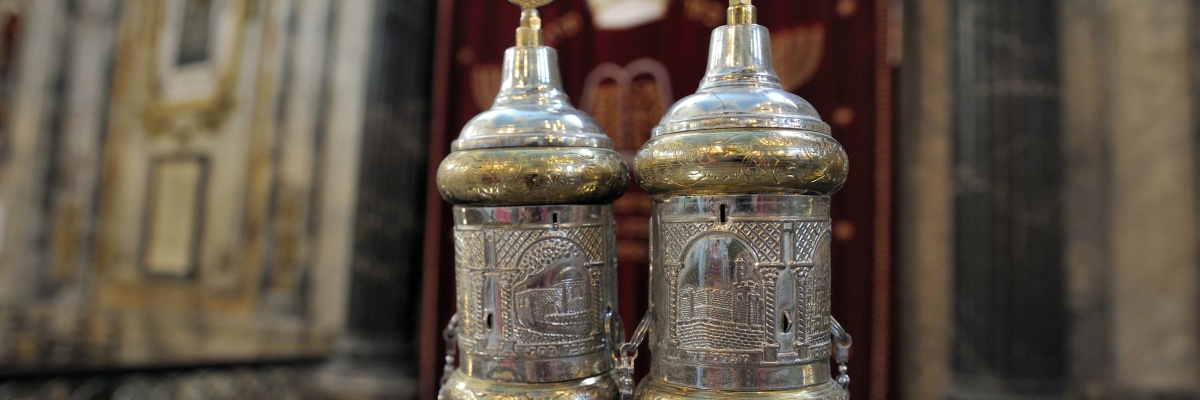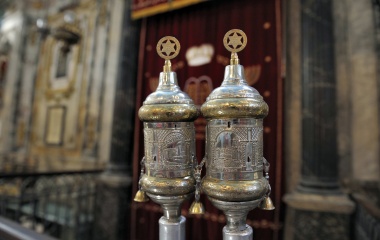
As we travelled through France we did manage to visit one other country, a 15-minute drive from Nice, and the second smallest in the world at less than one square mile, that of Monaco[1]. While it is tiny, it is also one of the most crowded places on earth with some 39,000 people living in its five districts. And if tiny and dense doesn’t attract you, it is one of the most exclusive places to live on earth. The lifestyles of the rich and famous understates the case. With rents for a one-bedroom apartment starting at 7,000-10,000 euros a month, this is not the place for those on a budget.
Among the requirements to move to Monaco are proof of financial self-sufficiency, which includes depositing at least 1,000,000 Euros in a bank in Monaco. Those with a criminal record need not apply. One is first granted a one-year residence which can then be renewed. Citizenship takes a minimum of 10 years, requires fluency in French, and must be personally approved by Prince Albert II. And dual citizenship is not allowed so one must be willing to renounce the citizenship of one’s country of birth. There are, you might be pleased to hear, no income taxes in Monaco; any needed income is raised from “foreigners” and some 45,000 people commute daily from very nearby France and slightly further Italy to their jobs in Monaco.
We primarily visited Monte Carlo, home of the Formula One race, casinos and the very, very wealthy. Fascinatingly, the locals are not allowed to gamble in Monaco - why take up space and money from one’s own community when others are happy to have their money taken from them.
For anyone who likes fancy cars Monte Carlo is the place to come. Let’s just say the streets are paved with brands I can barely pronounce and types of cars I have never been near.
Monte Carlo has not one but two shuls. The local Chabad is housed in the Fairmont Hotel. The community shul is, as is befitting anything in Monaco, beautiful and elegant and believe it or not has a daily minyan. “How wonderful are the Jewish people who rich or poor ensure there is a shul (or two) nearby?”
The shul was built by the Safra Foundation whose patriarch Edmond Safra, a native of Lebanon, lived his later years in Monaco. The shul is a smaller, but exact replica of the Safra shul in Manhattan. The shul is led by Rabbi Daniel Torgmont. A native of Nice, as is his wife Deborah, the Torgmonts moved from Israel 15 years ago – a very difficult decision for them – to lead the community. They live just outside of Monaco, within walking distance. He gave us a fascinating glimpse into Jewish Life in Monaco. While there is a daily minyan he did tell us (and I could not tell whether he was joking or not) that after Neilah he announces the time of davening for next Yom Kippur.
As the Torah in Motion journey to France comes to an end, we would be remiss if we did not make mention of France’s role in the development of modern Jewish life.
On September 27, 1791 the National Assembly of Revolutionary France granted the Jews full citizenship, becoming the first European country to emancipate the Jews. Liberty, Equality, Fraternity was to apply to the Jews also. While we take this equality for granted (or used to until very recently) the importance of this act – one that had a domino effect – cannot be overestimated. The granting of equality to the Jews was nothing less than revolutionary.
Yet citizenship is a two-way street. In 1806 Napoleon convened the Assembly of Jewish Notables with over 100 leaders summoned and asked 12 questions to see if the Jewish people could and would be loyal citizens. These questions included
*Is it lawful for Jews to have more than one wife?
*Is divorce recognized by Jewish law, and is it valid when not pronounced by French courts?
*Can Jews marry Christians, or Christians marry Jews? Does Jewish law recognize such marriages?
*Do French Jews consider France their country, and do they regard it as their homeland? Are they bound to defend it? Do they owe obedience to the laws and the government??
*Do the laws of the Jews forbid them to take interest from their fellow Jews?
*Do the laws of the Jews forbid them to take interest from non-Jews
*Does Jewish law forbid Jews to bear arms for a non-Jewish country or government
Perhaps none was more difficult than the one on intermarriage to which they answered that Judaism recognizes them civilly but not religiously – a brilliant answer that managed to square the circle.
Serious Jews have struggled with many of these same questions ever since as we navigate the dual duties of loyalty of Torah and to our country of residence.
As important and “revolutionary” as they are, legal edicts can’t wipe away anti-Semitism. In 1894 Alfred Dreyfus was wrongfully convicted of treason. And because a young Jewishly assimilated journalist, named Theodore Herzl was covering the trial political Zionism was born leading to the creation of the Modern State of Israel[2]. Just last week while we were in France, French President Emmanuel Marcon declared July 12th a day of national commemoration for Alfred Dreyfus. It was 120 years ago, July 12th 1895, that France's highest appeals court recognized Dreyfus's innocence.
You may have noticed that despite spending nine days in France we made no mention of Rashi, the Tosafists, R Yechiel of Paris and other greats who lived in France. That is because we visited the South of France and they all lived in the North. We look forward to walking in their footsteps on a future trip.
[1] The smallest country in the world, the Vatican, we will be visiting later this week as Torah in Motion journeys through Jewish history in Italy
[2] That sentence makes it sound all too easy, even inevitable which as we all know it was not. As impossible as it may be to play “what if” in looking back at history, if not for the Dreyfus trial it is most doubtful the State of Israel would have been declared in 1948, and we might still be waiting for it.

